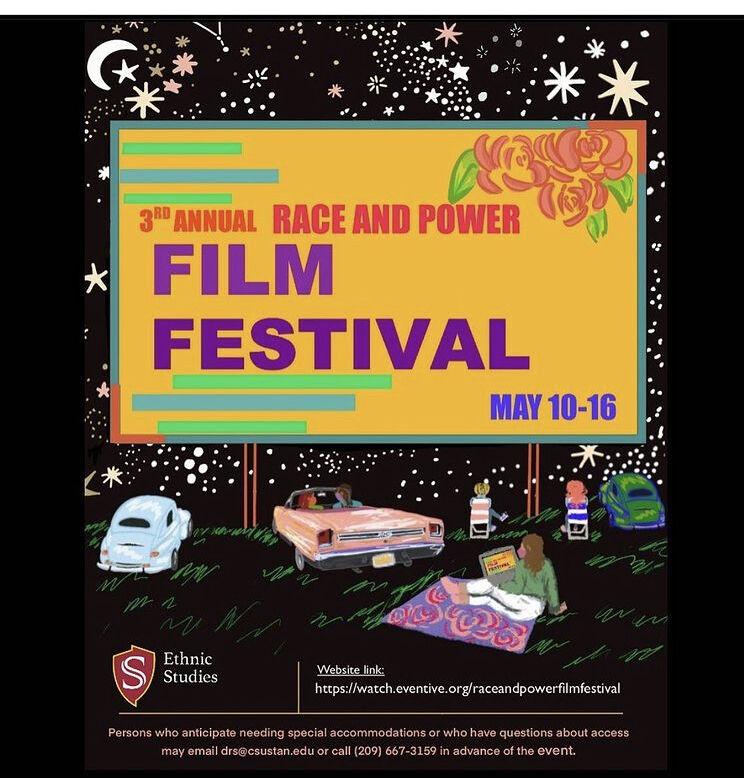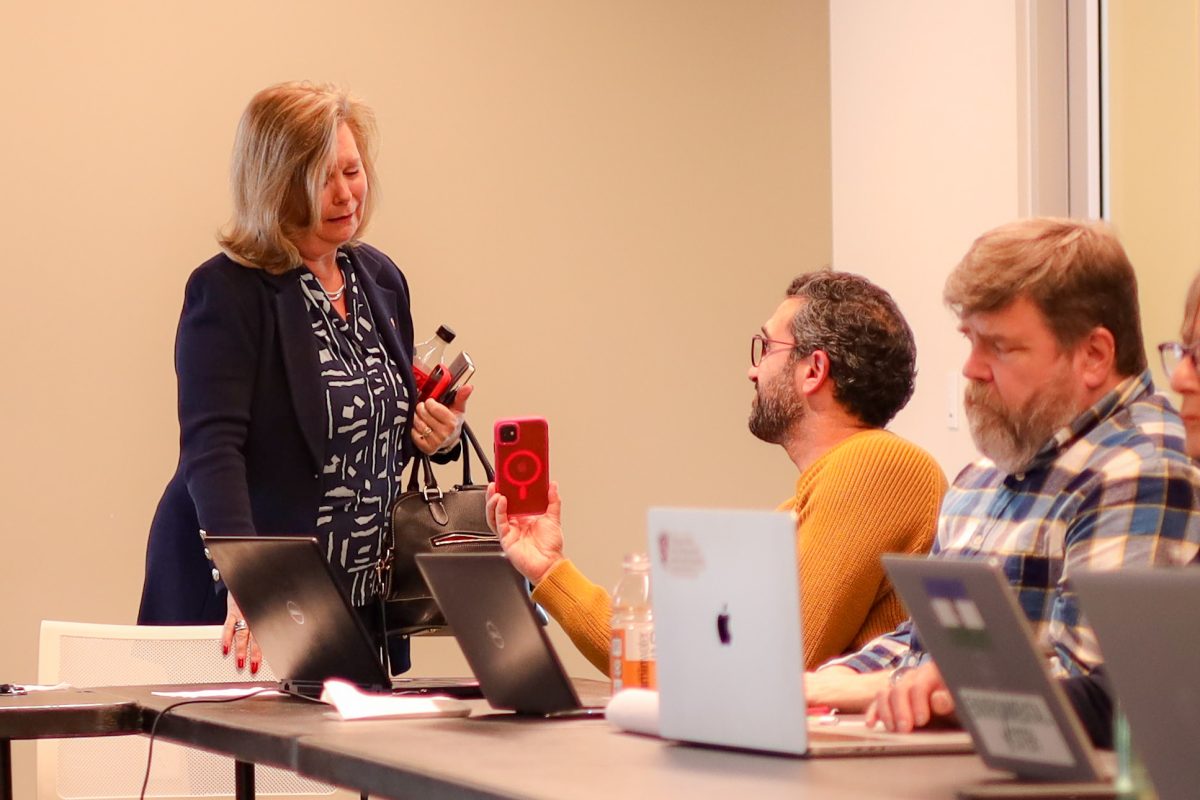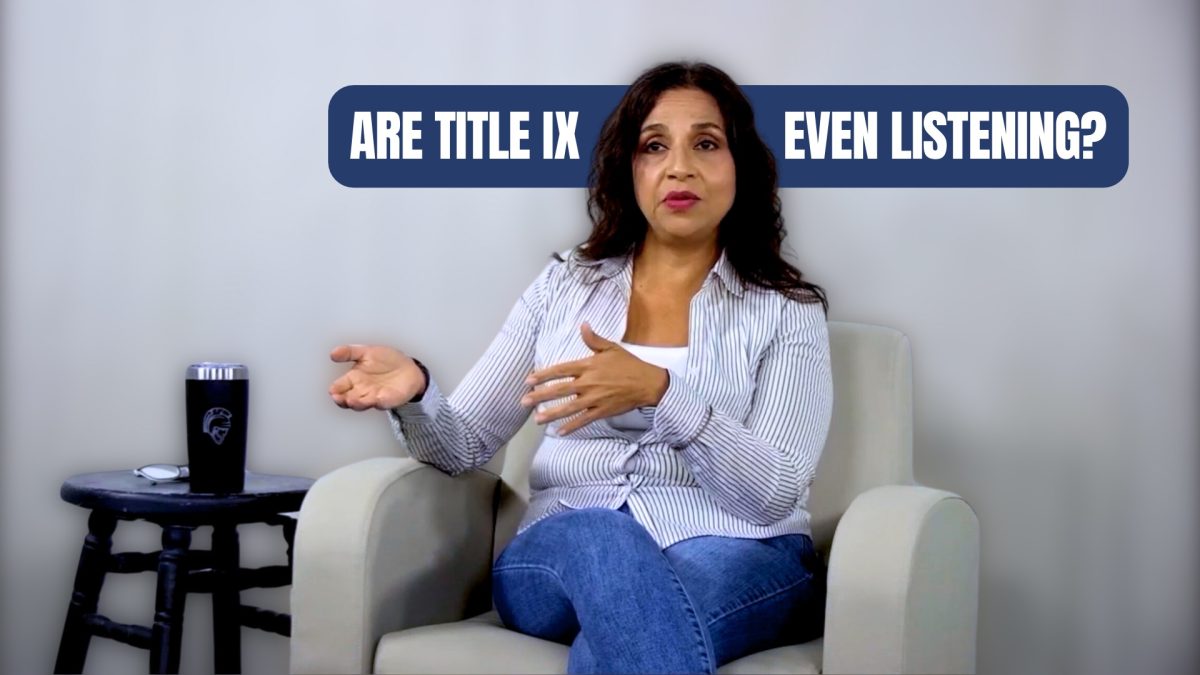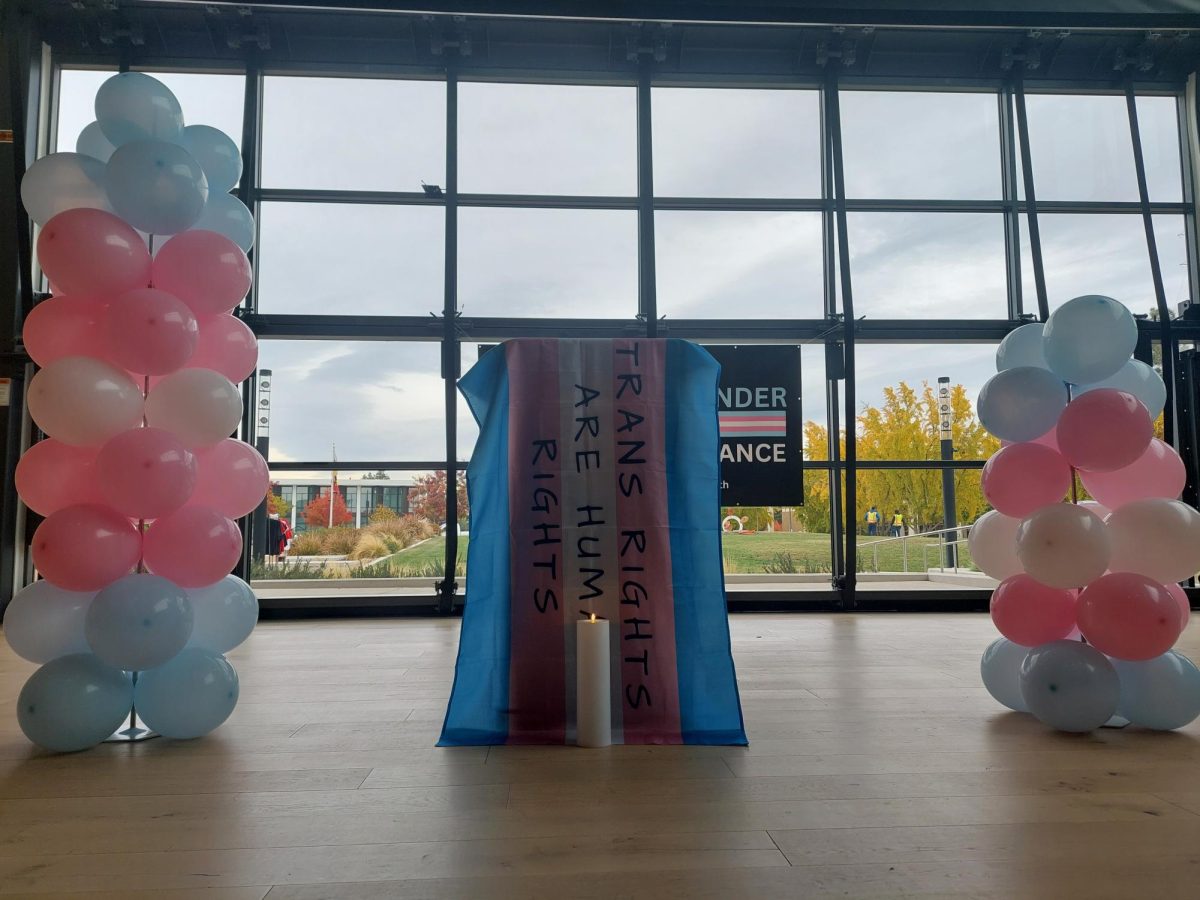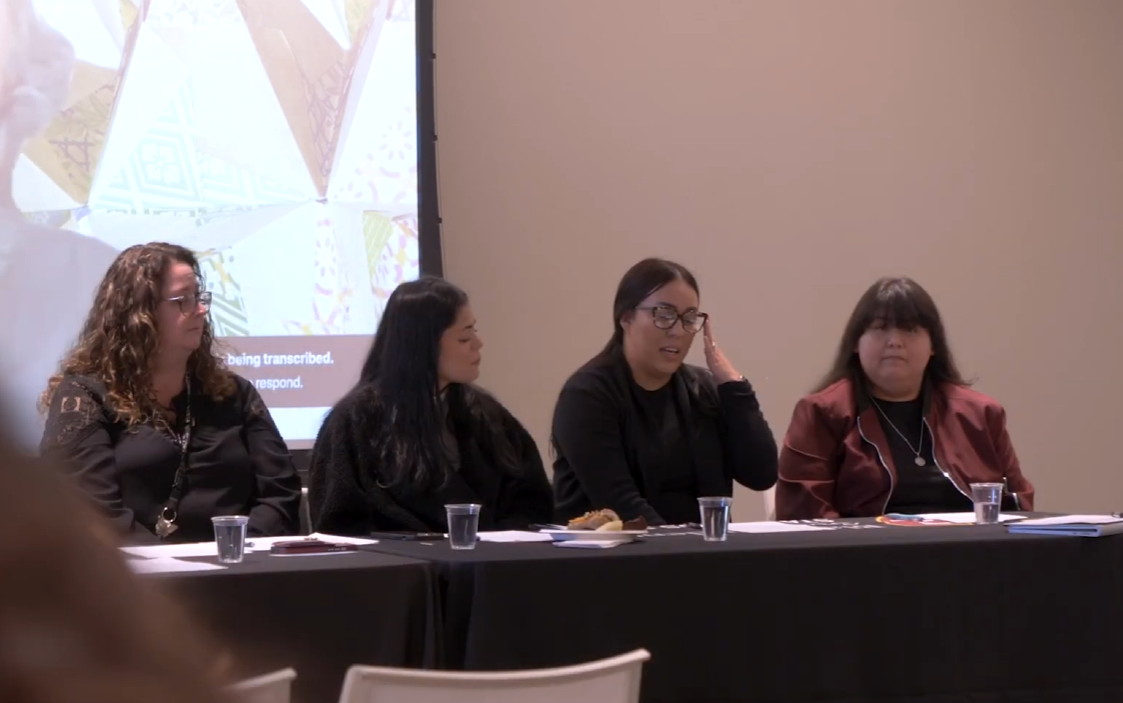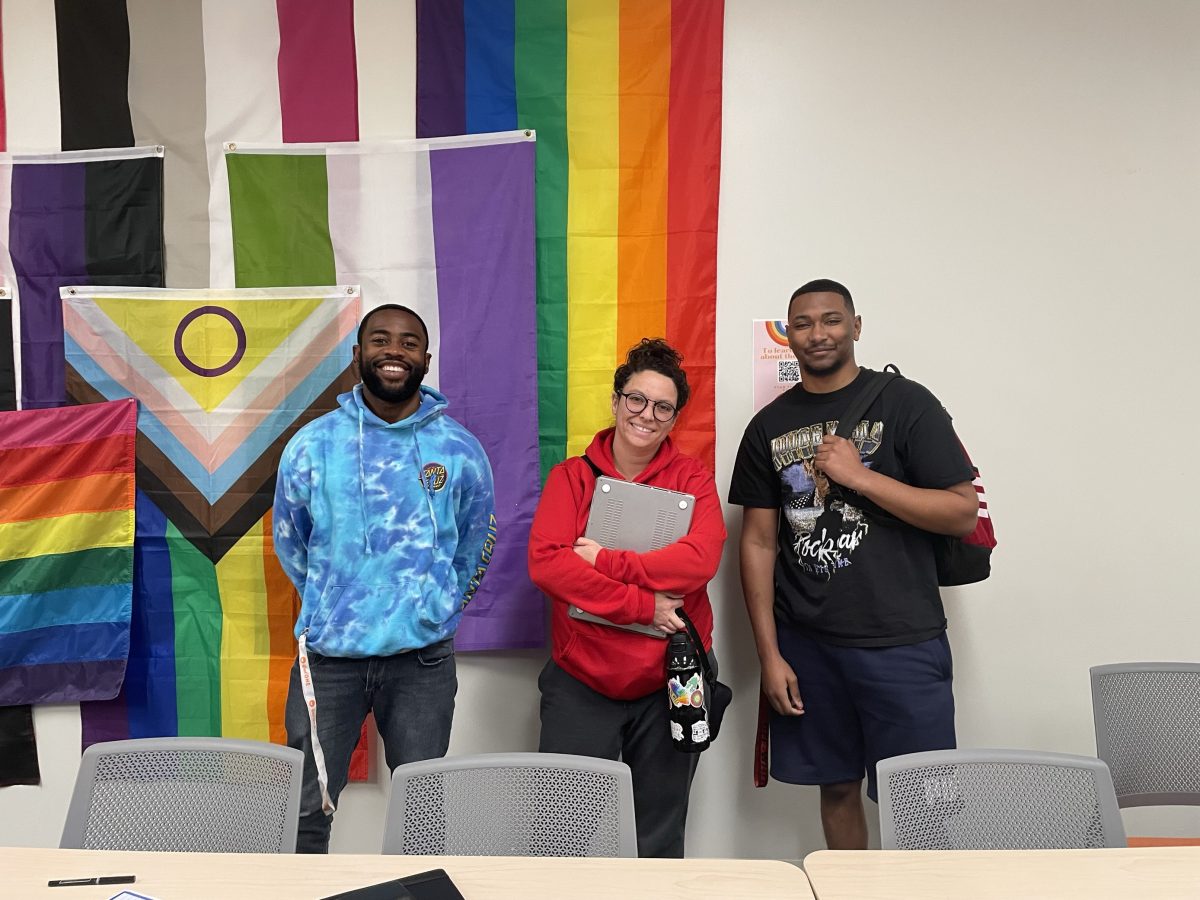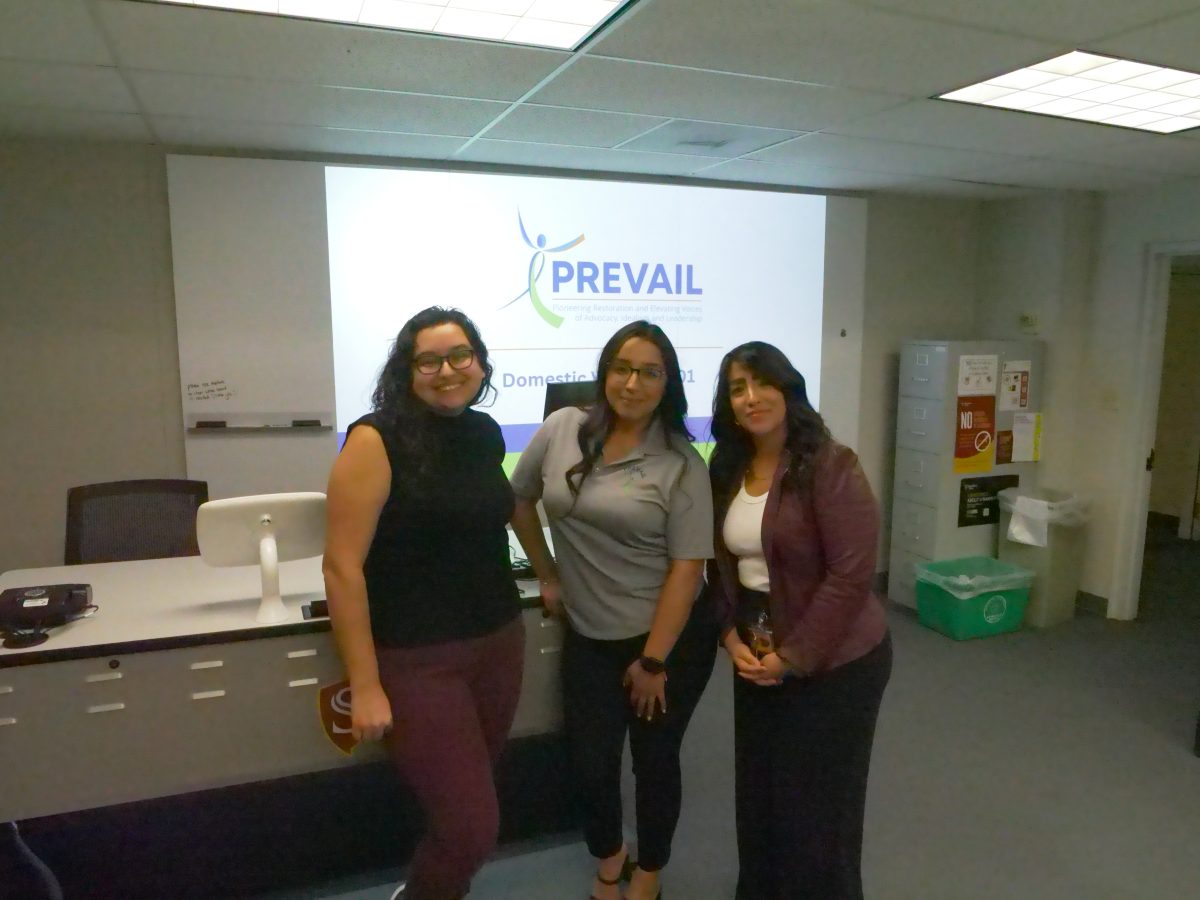The Ethnic Studies Program at Stan State is hosting their Third Annual Race and Power Film Festival, starting this week and up until May 16th. The Ethnic Studies Program is working continuously to create social change in our community and beyond by advocating for underrepresented and marginalized populations in meaningful ways, one being the Race and Power Film Festival.
According to the event website, “the film festival will showcase movies and film directors that focus on underrepresented populations, including Native Americans, African Americans, Chicano/a/xs-Latino/a/xs, and Asian Americans. Films will address a variety of topics that are central to the discipline, including: race/racism, colonialism, power relations, intersectionality, representation, empowerment, and activism.”
This semester, I am taking a class called, Producing Media for Social Change with Ethnic Studies Professor, Samuel Contreras. This is an upper division course dedicated to advocating for social and political change through documentary filmmaking.
Professor Contreras explained that this course gives students the opportunity to create a powerful visual to “first inform and entertain, but more importantly to inspire.” In groups, students have worked throughout the semester to create five-minute documentaries highlighting social issues in the Central Valley such as homelesses, voter suppression, equal opportunity to education, and street vendor violence.
Professor Contreras spoke with me further about the Race and Power Film Festival and the importance of creating media for social change. “Unfortunately here in the Central Valley we do have a big load of social injustices historically and currently, and so it’s important for us as scholars to try to portray and give a voice to these issues,” Contreras explained.
As part of the Race and Power Film Festival, my class will be presenting our films tomorrow, Thursday, May 11 at 6:30PM followed by a public discussion. This event is open to the public. Click here to tune in!
The films created in the Producing Media for Social Change course this semester are “something that we are currently dealing with as a society and I think for us coming together and watching these films will spark interest or at least awareness to these issues and represent them in a beautiful, artistic manner,” said Professor Contreras. These documentaries are a cumulation of hard work by us students, but more importantly serve “to give a voice to those that have been voiceless and that have no representation in our current landscape.”
This event gives us the opportunity to artistically analyze and criticize these ongoing social injustices happening in our own communities. We encourage you to attend the film festival to participate in this important conversation about social justice and become a voice for those who have been silenced.

